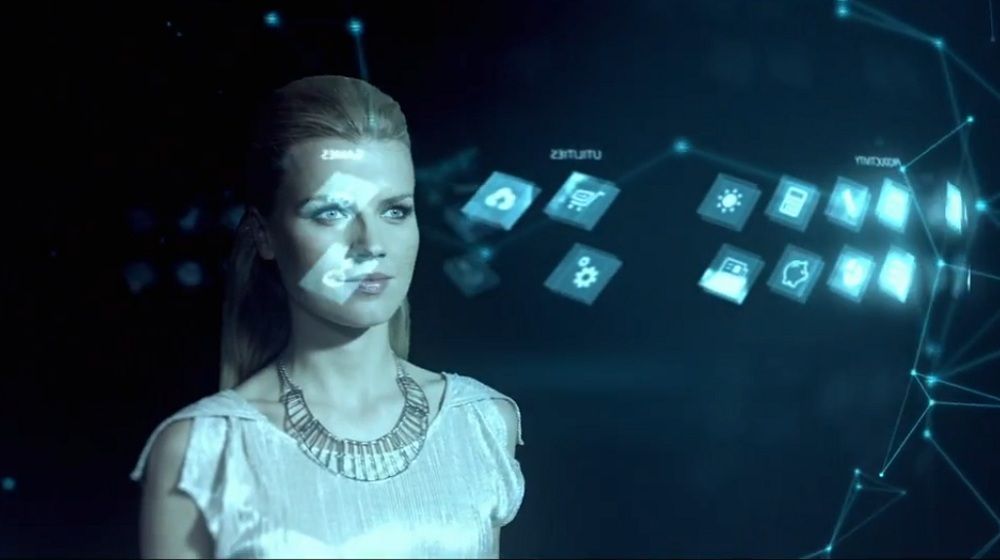'H+' Shows Pitfalls of Hackable Brain Implants

Today's computer viruses can create huge metaphorical headaches for both PC users and cybersecurity professionals. Tomorrow's computer viruses may cause mass deaths and bring about the collapse of modern society by attacking human brain implants — at least in the fictional world of "H+ The Digital Series."
The web series created by Bryan Singer, director of several "X-Men" films, imagines a world where an "H+" implant can connect directly to people's brains. That connection gives H+ users the ability to interact with an augmented reality filled with digital apps and information that appears to float directly in front of their eyes. Unsurprisingly, something goes terribly wrong when a suspected virus cripples the H+ system inside the heads of thousands (or millions) of consumers turned cyborgs.
("H+" comes from the shorthand for transhumanism — a real intellectual movement that supports changing the human condition through technological enhancements.)
Not much is revealed about the technology behind the H+ implant during the first two episodes posted online yesterday (Aug. 8). The display and interface look similar to what the Google Glasses has promised, except that Google wants people to wear their device like a funky pair of glasses rather than undergo brain implants.
Or, if you'd prefer, H+ resembles "Minority Report" technology playing out inside your head instead of on a transparent display.
The bigger question is how such an H+ technology could integrate directly with the human brain and essentially piggyback on the visual (and perhaps cognitive) systems in the brain. The devastating impact of the virus on H+ users suggests a connection that has integrated computer and brain into a single seamless system.
Scientists have already begun experimenting with technologies that allow disabled humans to control robotic arms or other prosthetic limbs with direct brain impulses. But deeper connections between brains and computers remain science fiction rather than fact.
Sign up for the Live Science daily newsletter now
Get the world’s most fascinating discoveries delivered straight to your inbox.
The "H+" debut follows not long after a short film called "Sight" suggested the more mundane — but still disturbing — implications of going on a date with a similar augmented reality implant.
Take a look at "H+ The Digital Series" for yourself to see if you're impressed or scared by the future.
This story was provided by InnovationNewsDaily, a sister site to Live Science. You can follow InnovationNewsDaily Senior Writer Jeremy Hsu on Twitter @ScienceHsu. Follow InnovationNewsDaily on Twitter @News_Innovation, or on Facebook.












